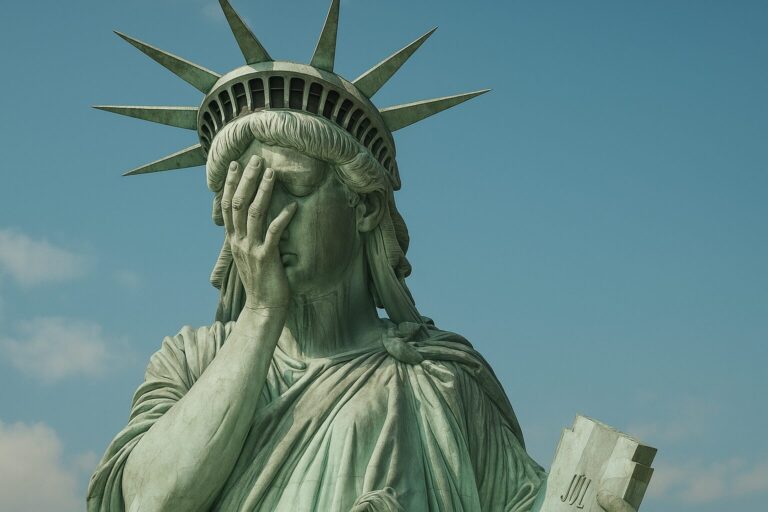
For centuries, governments and legislators have tried to instill in the people the idea that rights are born from written norms — from that which is codified, published, and sanctioned by some form of state power. However, this positivist conception of law ignores a much older and deeper reality: that true law — the one that effectively regulates people’s lives — is born from custom, from culture, and from social acceptance.
Paper Is Not Worth More Than the People
The belief that the Constitution or written law automatically guarantees freedom is often an illusion. As former U.S. President Woodrow Wilson once said:
“The Constitution is not an instrument for the government to restrain the people, it is an instrument for the people to restrain the government.”
But this relationship only remains true as long as the people are willing to enforce that control. Otherwise, the law becomes merely an ornament — or worse, a tool of oppression.
Henry David Thoreau, American philosopher and activist, wrote in his work Civil Disobedience (1849):
“The only obligation which I have a right to assume is to do at any time what I think right.”
Thoreau argued that justice must not be subordinate to the law when the law opposes moral conscience. He openly rejected blind obedience to unjust laws and maintained that free men should not delegate to the State the judgment of what is right or wrong.
The German jurist Rudolf von Jhering also warned:
“Law is not a gift, it is a conquest; and every conquest costs struggle.”
This means that law will not be guaranteed simply because it is written; it must be demanded, lived, and sustained through concrete action.
And as American judge Learned Hand, one of the greatest names in 20th-century jurisprudence, stated:
“Liberty lies in the hearts of men and women; when it dies there, no constitution, no law, no court can save it.”
The Case of Firearms: When Rights Are Ignored
One of the clearest examples of this rupture between law and reality is the right of access to firearms in Brazil. Even after the 2005 referendum — when the people rejected disarmament — successive governments continued to restrict the right to self-defense through new regulations, administrative orders, decrees, and authoritarian interpretations.
The truth is that the law does not reflect the will of the people. It reflects the will of those who hold power. And when the people do not confront the imposition of unjust laws, the custom of submission sets in — even against their own conscience.
French philosopher Étienne de La Boétie, in Discourse on Voluntary Servitude, pointed out that tyrants do not rule alone — they depend on the collaboration and acceptance of the oppressed themselves:
“I have decided that there is only one tyrant, and that he does not need to fight to subjugate men: they allow themselves to be dominated, and it is they who submit.”
The Return of Rights Will Come from Practice, Not Law
As long as the citizen does not reclaim his freedom in practice — by training, arming himself, educating his family, publicly defending his values — the right to bear arms will remain just a distant memory. No signature in Brasília will restore what was lost through popular omission.
And as U.S. Supreme Court Justice Antonin Scalia said:
“The Constitution is a piece of paper. It defends no one. People must be willing to defend it.”
In the same spirit, Brazilian philosopher Olavo de Carvalho warned with disconcerting precision:
“The most obvious of obvious truths. A democracy cannot be established by democratic means: for that, it would have to exist before it exists.
Nor can it, when dying, be saved by democratic means: for that, it would have to remain healthy while it is dying.
The murderer of democracy always has the upper hand over its defenders. He gradually suppresses democratic means of action and, when someone tries to save democracy by other means — the only ones possible — he accuses them of being undemocratic.
That’s how the most perfidious enemies of democracy pose as supreme heroes of democratic life.”
This inversion of values is not just rhetorical. It has practical consequences: those who passively submit to the “legality” imposed by tyrants are — even if unconsciously — collaborating in the destruction of their own freedom.
Conclusion: Paper Can Be Torn, Custom Endures
The DEFENSE Institute believes that the right to self-defense — and with it, the right to bear arms — is not a state concession, but a natural freedom. Just law exists to recognize what the people already live. Unjust law must be confronted, rejected, ignored, and replaced.
It is not law that sets us free. It is the custom of freedom.
United we are invincible.







